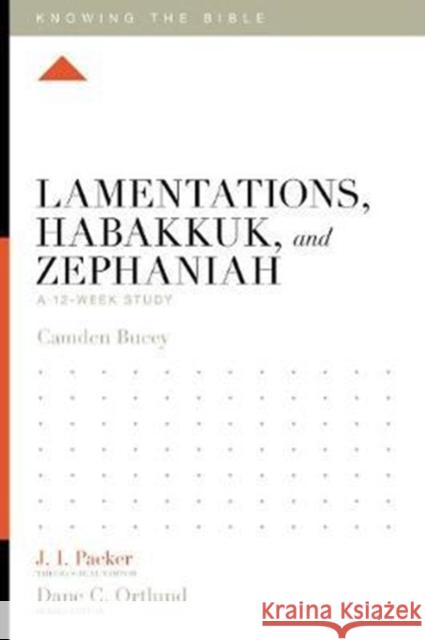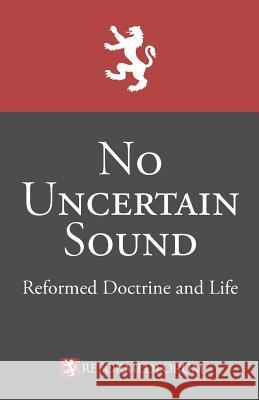Wyniki wyszukiwania:
wyszukanych pozycji: 2
 |
Lamentations, Habakkuk, and Zephaniah: A 12-Week Study
ISBN: 9781433557415 / Angielski / Miękka / 2018 / 96 str. Termin realizacji zamówienia: ok. 22 dni roboczych. The Knowing the Bible series is a resource designed to help Bible readers better understand and apply God's Word. These 12-week studies lead participants through books of the Bible and are made up of four basic components: (1) reflection questions help readers engage the text at a deeper level; (2) "Gospel Glimpses" highlight the gospel of grace throughout the book; (3) "Whole-Bible Connections" show how any given passage connects to the Bible's overarching story of redemption, culminating in Christ; and (4) "Theological Soundings" identify how historic orthodox doctrines are taught or... The Knowing the Bible series is a resource designed to help Bible readers better understand and apply God's Word. These 12-week studies lead partic... |
cena:
34,09 |
 |
No Uncertain Sound: Reformed Doctrine and Life
ISBN: 9780998748702 / Angielski / Miękka / 2017 / 116 str. Termin realizacji zamówienia: ok. 16-18 dni roboczych. Reformed Forum is a Christian non-profit organization that exists to assist the church in her call to discipleship. We serve the church by communicating the riches of our theological tradition and advancing it according to our confessional boundaries through in-depth research and scholarly discourse. In this collection of essays, the authors set forth the salient features of their shared Reformed identity, a distinct theological voice. Lane G. Tipton establishes our redemptive-historical approach to the Scriptures with an essay on Jesus in the Old Testament. He demonstrates that the... Reformed Forum is a Christian non-profit organization that exists to assist the church in her call to discipleship. We serve the church by communic... |
cena:
56,19 |










